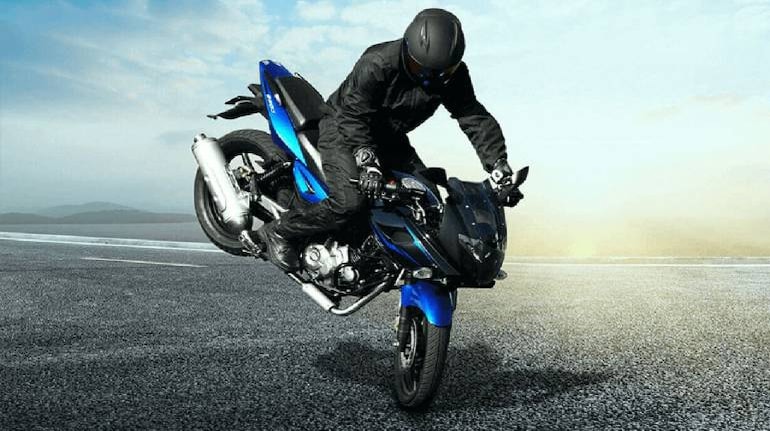



Slowdown in retail demand may not trigger downtrading wherein a buyer settles for a lower priced product than earlier decided but will rather look for alternatives within the segment, a top Bajaj Auto official said.
The two-wheeler segment, which is considered to be the most price sensitive of all auto segments, is expected to witness shifting of buyers' preferences for products given the possibilities of salary cuts and job losses in the economy.
However, India’s third largest two-wheeler maker, that has introduced more motorcycles than any other company, believes that the customer will most likely stick to the same segment of his choice but will likely opt for a lower value product.
Rakesh Sharma, executive director, Bajaj Auto, said, “People will move to brands offering specific value. The buyers won’t pay for bells and whistles. I don’t think there will be a case of wholesale downtrading; the phenomena where buyers switch to 150cc over a 100cc. But within the 150cc he will certainly look at value. People will look at those models which do away with the frills.”
A case in point was when there was a significant price hike seen in two-wheelers because of the mandatory fitment of new braking standards - CBS and ABS – seen during FY20. Despite a steep increase in prices of premium bikes there wasn’t a significant shift in buyer’s choices.
“We have seen it in FY20. When the cost in price increase of the CBS against the ABS of Rs 500 and Rs 8000 happened there wasn’t any significant downtrading. The segment share came down but by 60-70bps only. So there was no major downtrading inspite of the fact that the gap between a 125cc and 150cc went up from Rs 10,000 to Rs 20,000”, Soumen Ray, chief financial officer, Bajaj Auto.
This is despite the fact that first time buyers made up 56-59 percent of the two-wheeler sales pie for Bajaj Auto last year. The company further expects higher conversion rates following easing of the lockdown restrictions in several parts of the country.
“The casual buyer will reduce and the serious buyer will step out. People won’t visit multiple stores. People will probably do their homework digitally. Therefore levels of enquiries will reduce and there will be a rise in conversion rates”, added Sharma.
Almost 50-60 percent of Bajaj’s dealerships are in the green zone and these are witnessing about 50 percent productivity in sales.
“At an overall level on the basis of very early information we are looking at something like 25 percent business compared to the normal level. Service has climbed to 70-75 percent of the normal level,” added Sharma.
As per popular expectations the spread of COVID-19 will probably force people to ditch public transport and opt for a personal choice of mobility.
This would mean a jump in first time buyers of two-wheelers. However, production will not see a speedy ramp up given the riders stipulated by the local authorities where the manufacturing plants are located.
“We think social distancing related issues around use of public transport will impact the customer behaviour positively towards owing of two-wheelers. We feel that Q2 will probably go in disentanglement in the ways of working. None of these forces can come in to play if the whole flow of business is so severely bottlenecked by one issue of the other like plant opening protocols. But we feel Q3 and Q4 onwards we should see a return and we will be surprised positively compared to what we can imagine today,” added Sharma.

Discover the latest Business News, Sensex, and Nifty updates. Obtain Personal Finance insights, tax queries, and expert opinions on Moneycontrol or download the Moneycontrol App to stay updated!
Find the best of Al News in one place, specially curated for you every weekend.
Stay on top of the latest tech trends and biggest startup news.